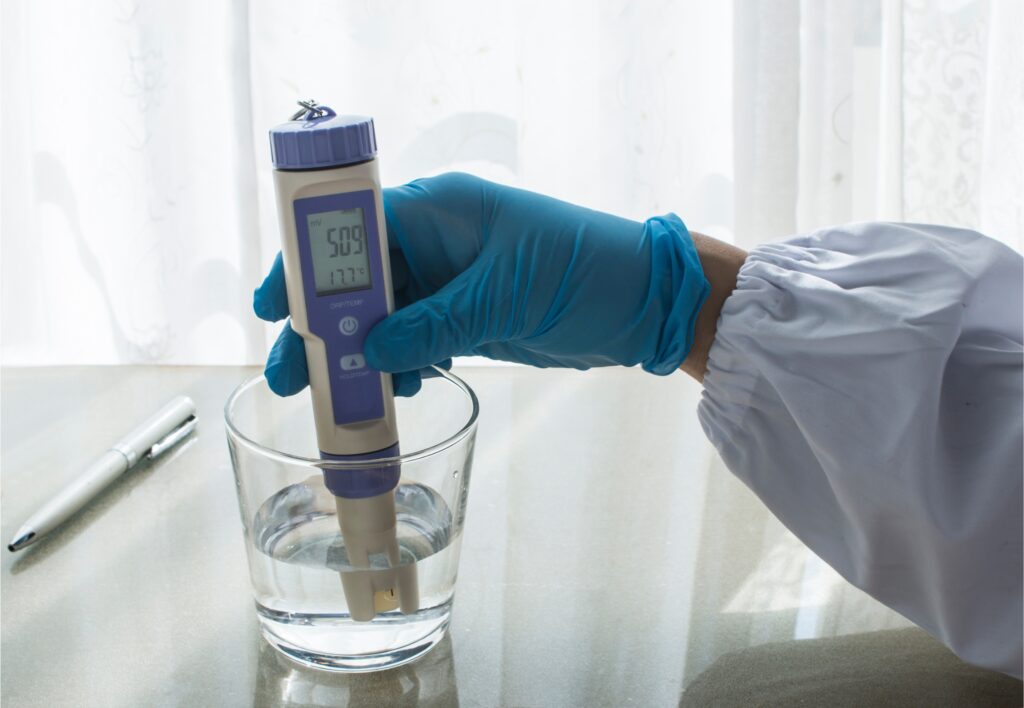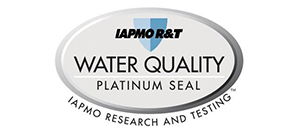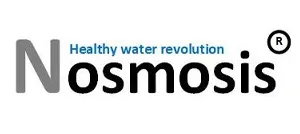ORP stands for Oxidation-Reduction Potential. It’s a measurement used to assess the ability of water bodies like lakes and rivers to naturally purify themselves. ORP measures the water’s capacity to break down waste materials, including contaminants, dead plants, and animals.
Technically, ORP quantifies the tendency of a solution to either gain electrons (reduction) or lose electrons (oxidation). It’s measured in millivolts (mV), with higher positive values generally indicating better water quality and self-cleaning capacity. Water treatment facilities often monitor ORP to ensure effective disinfection processes, as higher ORP values typically indicate stronger disinfection capabilities.
Water isn’t just about quenching your thirst—it’s also about the quality and properties that influence your overall well-being. One measure that has caught the attention of both scientists and health enthusiasts is ORP, or Oxidation-Reduction Potential. In this article, we explore what ORP is, the significance of having negative ORP water, and why this might matter for your health.
Understanding ORP in Water
ORP stands for Oxidation-Reduction Potential, which is essentially a measure of a substance’s ability to either release or accept electrons. In simple terms, ORP indicates whether water is more likely to behave as an oxidizing agent (with a positive ORP) or as a reducing, antioxidant agent (with a negative ORP). Researchers have shown that this metric can provide key insights into water’s chemical behavior and overall quality. For a deeper dive into the science behind ORP, the Molecular Hydrogen Institute (Article Link) explains how these electron exchanges determine water’s ability to neutralize free radicals, making it an invaluable resource for understanding ORP.
What Does Negative ORP Mean?
When water exhibits a negative ORP, it means that the water is rich in electrons. This might sound like a simple technical detail, but it’s actually quite significant. Electrons play a central role in neutralizing free radicals—unstable molecules that can cause oxidative stress and cellular damage. In effect, water with a negative ORP can act like an antioxidant. A study focused on oxidative stress noted that reducing free radicals in the body can potentially help mitigate cellular damage and promote healthier biological processes.
Health Implications of Negative ORP Water
Oxidative stress has been linked to a host of health issues, including inflammation, accelerated aging, and chronic diseases (National Library of Medicine). By acting as a natural antioxidant, water with negative ORP may help counteract these damaging processes. Although research is still evolving, several nutritional studies have suggested that antioxidant-rich water could support cellular health and reduce the risk of oxidative damage. These promising findings are especially encouraging in a world where our modern diets and lifestyles tend to promote higher levels of oxidative stress.
Real-World Applications and Considerations
Advances in water purification technology are now going beyond simply removing contaminants—they’re also focused on enhancing water’s beneficial properties. Some modern systems are engineered to adjust mineral content and produce water with a negative ORP, aiming to deliver both purity and potential health benefits. While these developments are exciting, it’s important to approach them with a balanced perspective. As with any emerging technology, consulting with health professionals and staying updated with ongoing research is essential to make informed decisions about your water consumption habits.
Conclusion
understanding ORP and the potential benefits of negative ORP water provides valuable insights into water quality and its influence on health. While further research is needed to fully uncover these advantages, current findings indicate that antioxidant-rich water could contribute to a healthier lifestyle. As scientific knowledge continues to expand, staying informed through reliable sources and expert guidance is essential for making informed choices about water consumption.
For those interested in enhancing their drinking water at home, the LotusDy by TipaTech offers an advanced solution. This under-the-sink smart water purifier delivers personalized, mineral-rich water with the added benefit of negative ORP, ensuring high-quality hydration without compromising purity. Discover more about how LotusDY can improve your home water experience by exploring the innovative solutions offered by TipaTech.












